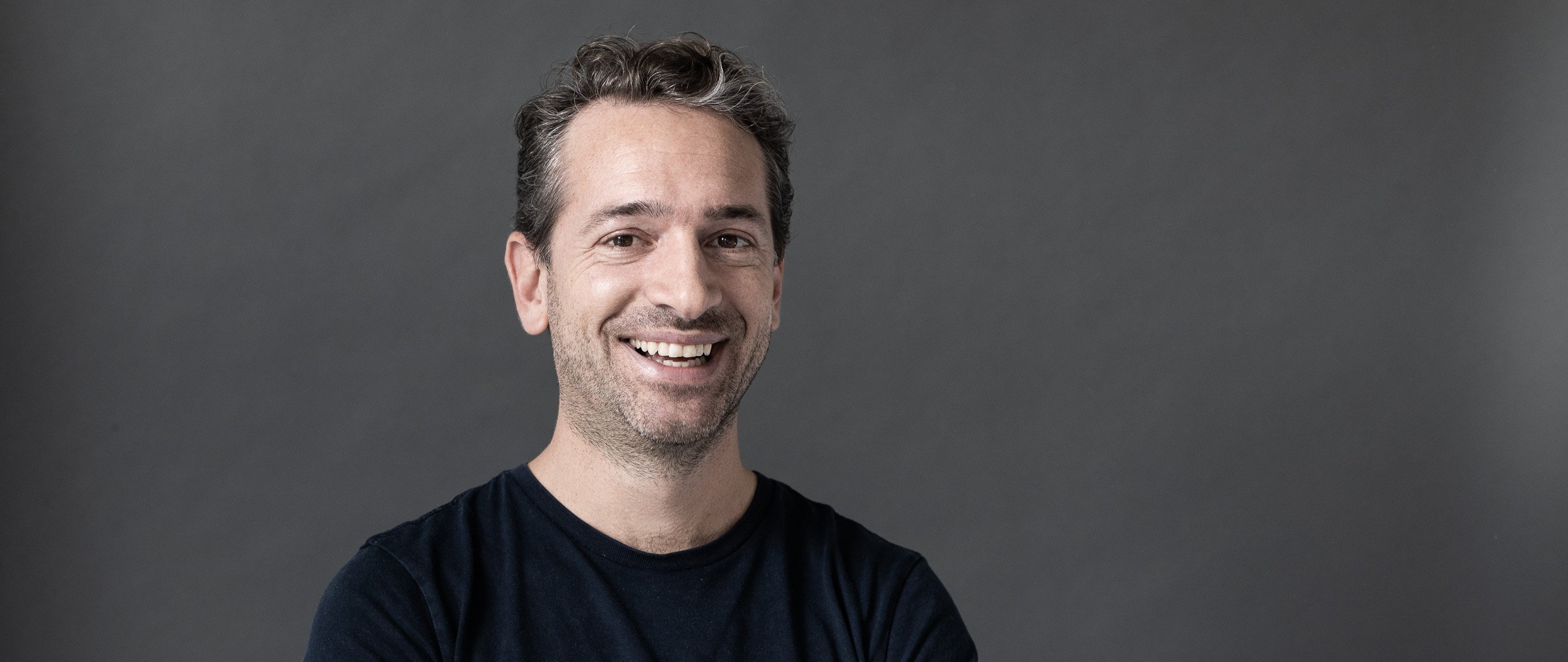If you ask Lucanus Polagnoli, digital health has always been front of mind as a VC but it wasn’t a viewpoint that he necessarily shared with others.
Long before the pandemic, digital health investing was still something of a niche, he said. At least, that was the mindset among many of his peers in VC, and it was a mindset that he was keen to change.
Polagnoli will be best known for his time at Speedinvest, the early-stage European backer that counts Curve and Wefox among its bets. Its portfolio runs a wide gamut with fintech, health and industry 4.0 all accounted for.
“Everyone had this view or hypothesis of investing in Europe, that the big market for venture capitalists is fintech and everything else is small or niche. And then when I said, well, actually health is quite big and it's going be really big in the future, they always say why? It's niche,” he said.
“I never believed that because I thought when human beings think about the most important thing in life it's not the financials, it's their health or their wellbeing,” he said.
As a general partner at Speedinvest, Polagnoli had a particular interest in the health and wellbeing space. This laid the groundwork for what would become Calm/Storm Ventures, based in Vienna, which Polagnoli founded in late 2019 with Michael Ströck. Now in his role leading the new fund, digital health has taken centre stage.
One need only look at one of Calm/Storm’s first investments for a sense of its MO: Second Nature, the London-based health management startup, whose app is used by the NHS.
Last year, as the Covid-19 pandemic had taken firm hold of the world, Calm/Storm started deploying its capital in early stage seed and pre-seed deals. This included London-based sex therapy app Blueheart and Berlin’s Doctorly, which makes software for managing doctors’ practices.
Growing digital health
Calm/Storm’s portfolio may still be in its formative days but it has already amassed a diverse set of startups, from treatments for deep vein thrombosis to diagnosing rare genetic diseases. It is focused on investing at the earliest stages of startups, typically in pre-seed investments.
Polagnoli said that the European digital health space is still relatively nascent and smaller funds like Calm/Storm are part of the effort in laying the groundwork for the future.
“We still believe that it will be a long way until there are European IPOs in the digital health market but it’s what we need to do in order to make it work. You need to reduce the fund size.”
Calm/Storm is raising a fund of €15 million from entrepreneurs. “We are on purpose small,” Polagnoli added, with ticket sizes ranging from €50,000 to €250,000. Some of these entrepreneurs in the fund include Sophie Chung, the CEO of Qunomedical, and the founders of Runtastic, the fitness app acquired by Adidas in 2015.
“This is the typical investor for us, so it’s a very different LP structure than a normal fund.”
Founders first
Entrepreneurs can identify their peers, Polagnoli explained. Given the early stage of investment that Calm/Storm plays in, it is often the case that a product doesn’t yet exist so investors are putting their faith in the quality of the founders and the team.
“When you really commit yourself, pre-revenue and pre-traction, then the focus must inherently be on the team and its ability to build the product. I think that's the main message of where we invest. We invest in the founder-market fit rather than in the product-market fit.”
Being a founder that has exited before “helps a lot” but that is not the only metric Calm/Storm uses for identifying target startups.
“I rather think about the relationship that I have with the founder. The better I understand the founder, the longer I know him or her, the better I also understand what they need and whether I can deliver that need,” Polagnoli said.
“I don’t think you necessarily have to have had a huge exit. It could also have ended on bad terms but the experience that brought them through that journey is relevant.”
Raising money for a fund during a pandemic has presented its fair share of challenges for Calm/Storm, but there were benefits too, and the fund expects to make its next close in the coming months.
“Now I don't have to explain everyone that health is actually not a niche, but it's one of the most important things in our life, and we spend a huge amount of GDP on health, much bigger than anything else, so it gave us a lot of deal flow.”



Would you like to write the first comment?
Login to post comments